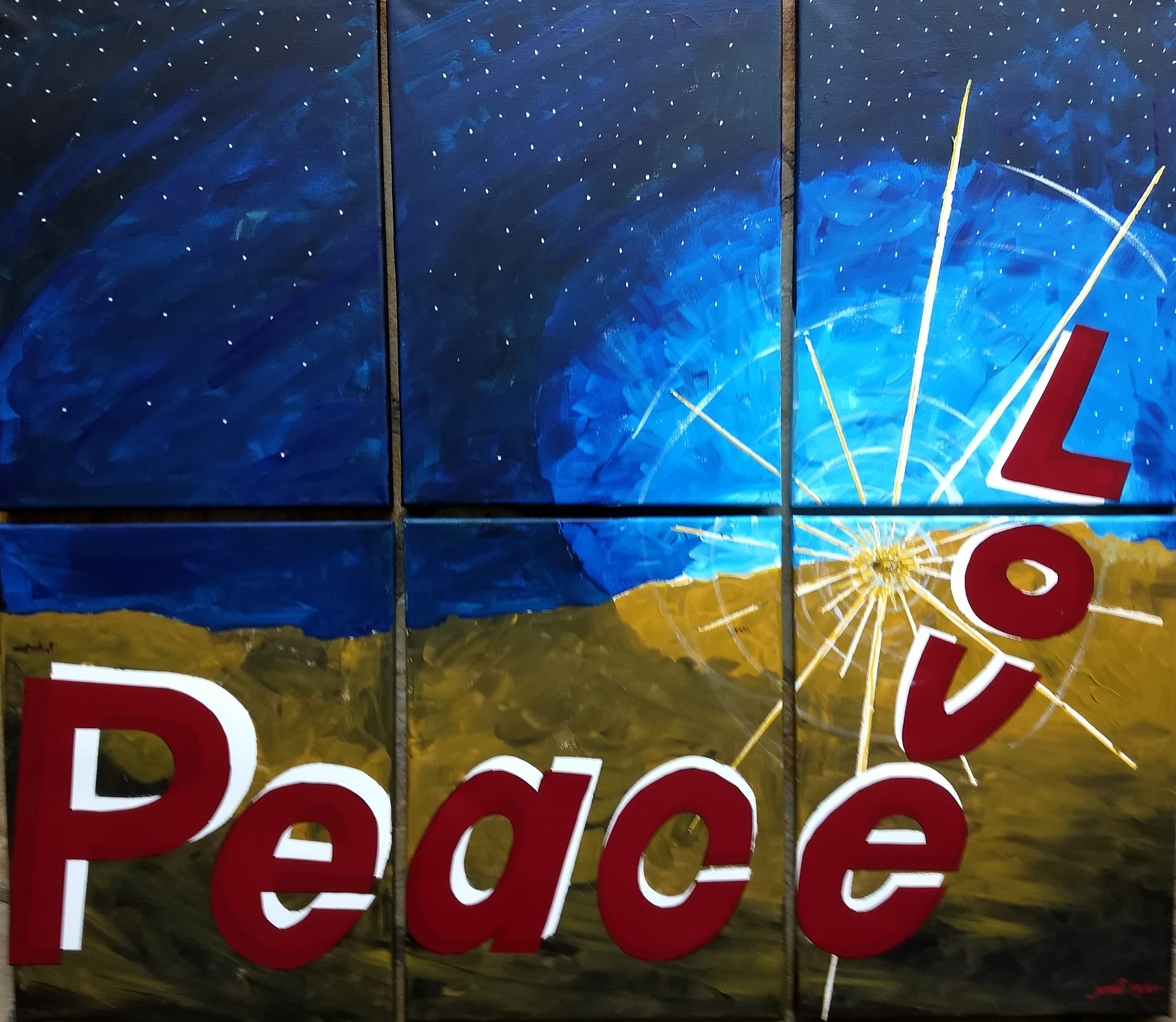Third Sunday of Lent
(The liturgy for this Sunday provides two choices for readings. I have chosen this one because it contains one of the most profound stories found in all the Gospels. I strongly recommend you read this story in its entirety before reading this commentary. The complete story is found in the Gospel of John, chapter 4, verses 5-42.)
“Can this be the Christ?’’
The woman in this amazing story is perhaps the most astute and persistent of all the people Jesus encounters throughout any of the Gospel accounts.
What makes her even more astonishing is that, as a woman, she had absolutely no social standing whatsoever in her society at the time, and, to top it all off, she was a Samaritan – a people for whose religion the Jewish people had nothing but contempt.
The woman herself sums all this up with one comment:
“How is it that you, a Jew, ask a drink of me, a woman of Samaria?”
This woman immediately shows her experience of being ostracized and isolated. Notice too that she is informing Jesus he is crossing the line of too many social boundaries, and it is making her uncomfortable.
Jesus, however, persists in taking the dialogue to a much deeper level. Using the very ordinary symbol of water, Jesus opens her to a whole new worldview, an entirely more profound religious orientation.
He even goes so far to presenting himself as being the “water of life,” a new portrayal of God for the wellbeing of God’s people.
At first, the woman, probably like you and me, misses the point. Instead, she returns the conversation to the ordinary element of water.
Jesus then switches the focus entirely.
He says to her: “Go call your husband and come back.”
But the woman answers him, “I have no husband.”
Jesus then says to her, “You are right in saying, ‘I have no husband’; for you have had five husbands, and the one you have now is not your husband.”
The woman is stunned, embarrassed, ashamed.
This man knows the most hidden secrets of her private life!
Jesus’ knowledge of these “facts” becomes the turning point of the entire narrative.
She then says to him, “Sir, I perceive that you are a prophet.”
Notice the change in her understanding of who Jesus is. He has gone from being just another Jewish man, to being someone who rudely questions her, to being a man of deep insight, to being a religious person she now recognizes as a “prophet” – a man who takes religion profoundly seriously.
She then goes a step further and speaks to Jesus about where genuine worship should take place. Jesus tells her that “true worshipers will worship the Father in spirit and in truth.”
Here Jesus is teaching that God is not to be found on a mountain as the Samaritans believed. Nor is God to be found solely in a temple sanctuary as the Jews believed.
“God is spirit,” Jesus tells her, an all-pervading personal presence available to everyone.
Jesus then proceeds to teach her that the time has come when the only truly acceptable act of worship is the total orientation of one’s life and action towards the Spirit that Jesus calls Abba, Father.
The woman then says to Jesus,
“I know that the Messiah is coming, who is called Christ. When he comes, he will show us all things.”
Jesus then makes the ultimate revelation to her:
“’I am’ is the one speaking to you.”
Jesus makes himself known to be the living God.
This uniquely dramatic scene closes with the gospel writer telling us that the woman was so profoundly moved that she “left her water jar and ran back to the city. She said to the people, Come and see a man who told me everything I have ever done. Can this be the Christ?’”
The scene closes with these words:
“They (the Samaritans) went out of the village and were coming to him.”
And the lingering question remains:
“Can this be the Christ?”
(The Gospel of John was noted for this classic scenario of faith development: A person of no faith at all is confronted by Jesus, and then step by step works through a profound faith process that usually involves a true struggle. The story of the woman at the well describes that struggle in remarkable detail.
Next Sunday’s Gospel story of the man born blind, found at a later point in the Gospel of John, will provide the definitive answer to the question asked by the woman and the Samaritans at the closure to today’s Gospel:
“Can this be the Christ?”)
To be continued ….
Ted Wolgamot, Psy. D.
NOTE:
“Woke up warm and safe in my bed,
While someone else heard bombs over their head.
I jumped into a nice hot shower,
While someone else has lost all power.
I hugged my family, we were all together,
While others said goodbye, possibly forever.
While I fear the money that I will spend,
Others worry of losing the country they defend.
In the time it took for me to write this post,
Many have lost the things they love most.
So, when I start to bitch and want to complain,
I will stop and pray for Ukraine.”
– Art Smith




